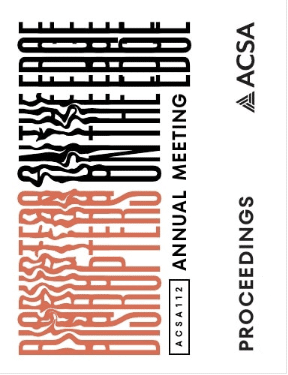Author(s): Ann Yoachim, Emilie Taylor Welty, Maggie Hansen & Nick Jenisch
Based on grounded research theory, we used qualitative in-person and online interviews and site visits for 50 projects across the Albert and Tina Small Center for Collaborative Design’s history and all six categories of its work to gain an understanding of impacts. The study reveals a different view of success and failure for projects aimed at supporting partner organizations’ missions. The results highlight the strengths and limitations of academic community engaged design practice in addressing historical inequities in design and architecture, the challenges of bridging campus-community dynamics, and in changing public understanding of design more broadly. Commitment to engaged evaluation is co-equal to that of engaged design processes. The Center’s impact on individual partners and the city and region can only be understood through ongoing evaluation. Strengths including the ability to serve as a connector and facilitator, and challenges such as long-term commitment to partners due to variable funding for staff capacity require embedded systems for regular evaluation beyond design quality. This research synthesizes both tangible and intangible additional qualities and/or services associated with the collaborative design process that are more determinative of a project’s success or sustainability.
https://doi.org/10.35483/ACSA.AM.112.96
Volume Editors
Germane Barnes & Blair Satterfield
ISBN
978-1-944214-45-6

 Study Architecture
Study Architecture  ProPEL
ProPEL 
